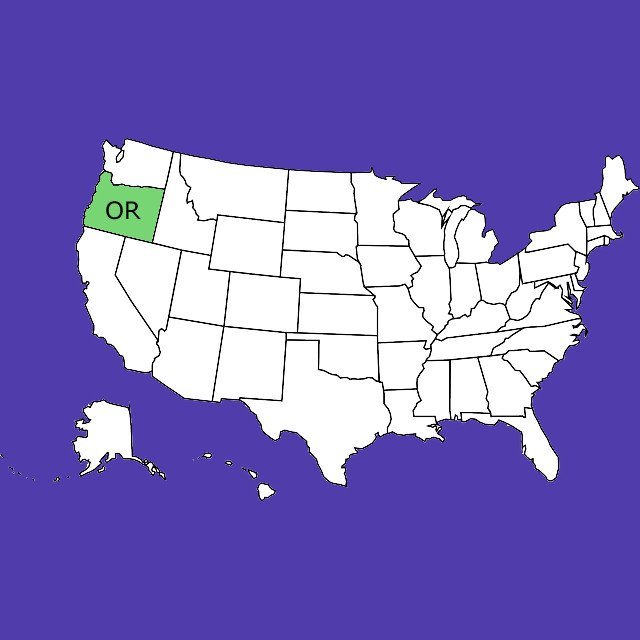Yalda Bahramian, Ferdinand Ruplin
Tonkon Torp LLP
The cannabis industry in Oregon has been struggling in recent years. In addition to being impacted by inflation and an ailing economy, vast overproduction of cannabis in the state has caused prices to fall. As the Portland Business Journal previously reported, the median price for usable cannabis is down considerably since 2021, and reported sales from dispensaries have dropped over the past year as consumers are spending more money on gas and groceries.
These factors have left many cannabis companies unable to meet their debt obligations and struggling to survive. Because cannabis is still illegal at the federal level, failing cannabis companies have limited options as federal bankruptcy mechanisms are generally unavailable.
Despite the grim circumstances, there are still avenues that can assist cannabis companies that have multiple creditors with restructuring their business and effectively disposing of assets. One option available is a state-level receivership. In a receivership, a trustee or receiver is appointed by a court to preserve or manage the disposition of a company’s assets for the benefit of the stakeholders involved.
A receiver may apply for and obtain a temporary authority from the Oregon Liquor and Cannabis Commission (OLCC) to operate a licensed cannabis business. Upon the OLCC granting the temporary authority, the receiver must immediately begin operating the business, effectively taking over the rights and responsibilities previously conferred upon the business owner. The temporary authority is initially valid for 60 days but may be revoked sooner or extended as reasonably necessary to allow for the disposition of the business.
Depending on the circumstances, a receivership may be a good option to consider. It can benefit both the creditors and members of the company to have a responsible third party help navigate complex financial, logistical or managerial issues. A receiver can, among other things, address internal conflicts, oversee – or hire managers to oversee – operations to ensure assets are protected, and review financial information to determine the value of all assets and debts, as well as identify sources of revenue and losses.
However, receivership is not sensible in all situations. If a cannabis business does not have substantial assets or multiple creditors, a receivership is likely not a worthwhile remedy, as it is can be expensive and time consuming. Debtors with a security interest in a licensed cannabis business can also, upon default of the secured debt, apply directly for a temporary license to operate the business, as opposed to having to go through the costly and time-consuming process of seeking the appointment of a receiver. This is an appealing option for secured parties that have operational experience in the cannabis industry and can maximize the value of the remaining assets.
As we expect the number of cannabis receiverships to increase in the market downturn, the OLCC might consider following the approach taken by the Washington State Liquor and Cannabis Board (WSLCB) for appointing receivers. The WSLCB has streamlined the receiver appointment process by creating a pre-approved receiver list, which allows qualified receivers who are pre-approved by the WSLCB to expeditiously take over a licensed business. Implementing a similar process in Oregon will provide a faster and more efficient mechanism for struggling cannabis businesses to get a receiver appointed and approved by the OLCC.
Cannabis companies anticipating problems with meeting their debt obligations should contact their attorney to consider all options. By actively communicating with debtors prior to a default, a cannabis business may be able to negotiate and restructure the amount and payment terms of the business’ debt, without going through the courts or involving third parties. Both debtors and creditors can save significant time and money by addressing an exit strategy that works for all parties involved and avoids costly litigation.
Source: https://www.jdsupra.com/legalnews/why-struggling-cannabis-companies-may-1707426/




